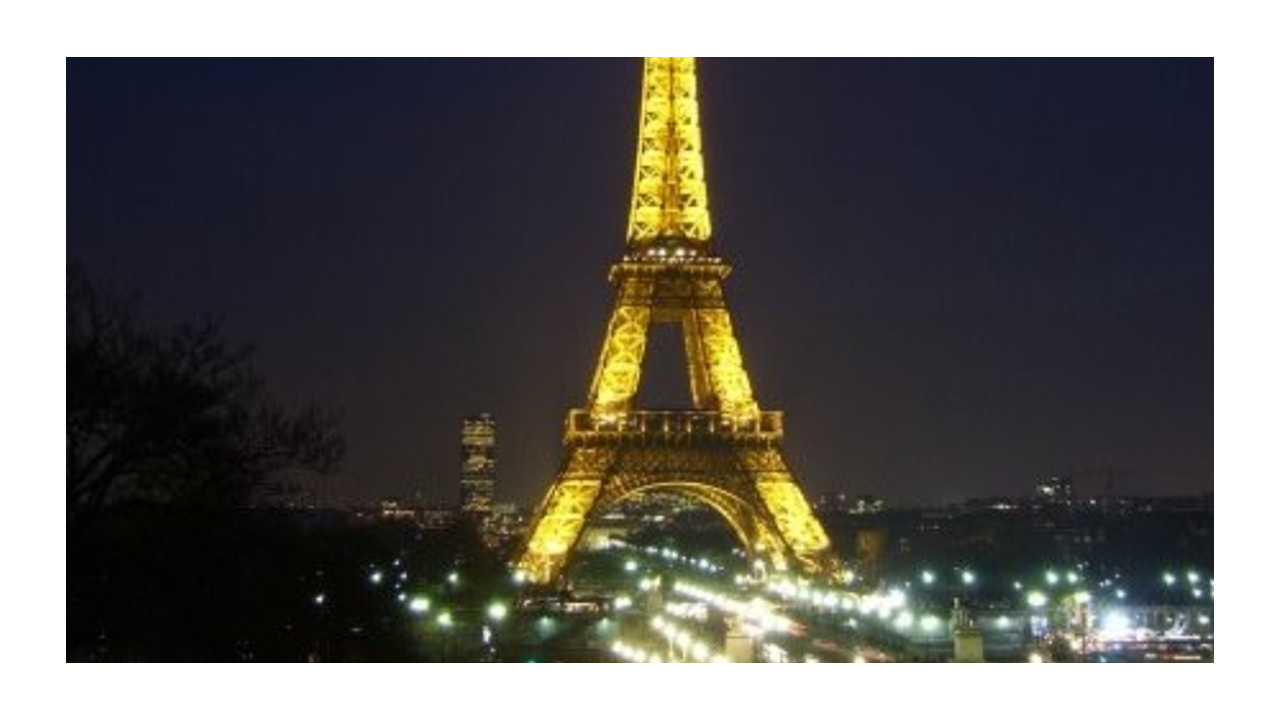Cultural Relativism – Does It Apply To Terrorism? War?
Mar 11, 2022
Continued from LinkedIn...
On Linked In https://www.linkedin.com/in/theinterculturalleader/ I've been discussing the process of developing intercultural sensitivity that leads us to cultural competence.
In the last post I talked about the ACCEPTANCE stage of the IDC (Intercultural Development Continuum, IDI Institute). In this stage a person has moved out of the monocultural stage (denial; defense of cultural differences) and progressed through the transitional stage (minimization). The ACCEPTANCE stage indicates an experience in which one’s own culture is experienced as one of a number of equally complex worldviews.
This doesn’t mean a person accepts or condones cultural practices with which they disagree (e.g., terrorism; war) but they RECOGNIZE that there are distinct differences in worldview and perspectives and seek to understand WHY. Perhaps this stage should be renamed since it causes much ire when people think they have to accept someone else’s values or beliefs - especially when these conflict with their own.
Here is a post I wrote back in November 2015
What happened yesterday in Paris is unimaginable. How do we respond culturally to something as horrific as what unfolded throughout the city at several public venues where innocent people were gunned down and blown up?
We respond through our common humanity. We provide support where we can – emotionally, physically, and financially. We pray and/or send our positive thoughts towards those who are suffering and most affected by the events. Extremist violence has no place on the international playing field – there are no winners – only losers. Sanctioning domestic or international violence, hate, and intolerance are not cultural values – they are malicious attitudes born from extreme ideologies that are used to bully others into submission through fear.
But how do those of us who are interculturalists deal with the need to talk about understanding other points of view – whether these are world – political – social – or religious views? Aren’t we just espousing cultural relativism? This question comes up often when training leaders to deal effectively across cultures. It is no easy task.
The concept of cultural relativism came about in 1887 through the work of German anthropologist Franz Boas, who later went on to establish the first department of Anthropology in the U.S. at Columbia University. It basically means avoiding judgment of another culture based upon the values of one’s own culture and within that particular context.
Boas’s view of cultural relativism aimed to expose the ideas of the time that the "more developed" Western societies were no more superior than "less-developed" societies. In that era there were few scholars who believed all humans were equal; rather, they separated people according to physiological factors, or what was biologically believed to be race.
However, Boas was ahead of his time and argued what is now known today – that race is a cultural construct. Boas also fought against Nazi ideology via lecturing widely in an attempt to expose its extremism, hatred, and intolerance. Because of this, his doctoral degree was rescinded from the granting institution in Germany.
How do I deal with the challenging question of cultural relativism? I approach it from the perspective that none of us comes from a neutral position. We all have our own values, beliefs, and attitudes. But all of us create certain assumptions about others. Yet we're not comfortable with this idea. However, if we can move beyond pretending that such assumptions don’t exist and acknowledge them, we are on our way to better awareness that we are not as neutral as we would assume to be.
Earlier this year when the Charlie Hebdo event happened – again in Paris – one of my students was evidently upset as we discussed this concept of cultural relativity (remember, the concept initially was created to address the discrimination of the day). He questioned whether we could ever wrap our mind around something so horrific. While I don’t condone such hateful acts (as cultural relativity might imply), I do try to shift my frame of reference in order to feebly attempt to understand potential motivations – even if those motivations come from the deepest, darkest, and most ghastly places there could be within a human being. This was met with incredulousness.
My point was that if I don’t try to at least take a step back and assess the situation and where it purports to come from, how will I ever be able to even have the courage to stand out against it? My student was rightfully upset, but his angry response at me was misplaced. It is my duty to try to make sense of bad as well as good – why did the Holocaust happen? Why did the massacres in Rwanda take place? Why is there a surge in militant, extremist terrorism? These are unimaginable events that come from the evil intent of people, not from their collective culture.
It’s easier to go to a place of denial when something so inconceivable takes place. But it takes courage to face difficult situations and try to understand them from another perspective – this is not equivalent to condoning something. Years ago I would have done the same – retreated in denial – but my mindset has changed the more that I examine my own cultural competence. The more I’m able to examine my personal assumptions and biases, the better I’m able to explain events such as yesterday – with incisive clarity – that what happened is not based on cultural values that are open for interpretation; rather it emanates from hateful perspectives that are festered by extreme ideologies.

